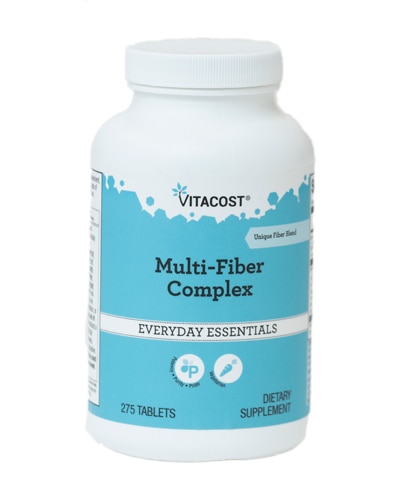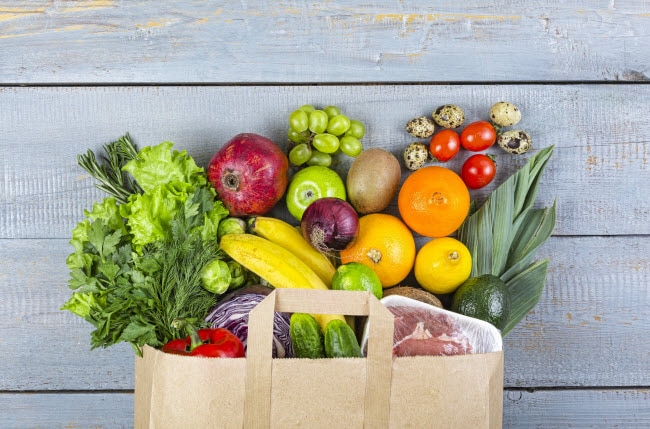Fruits and vegetables are nature’s healthful gift to us all. Eating these foods can help you keep a slim waistline, and has been shown to reduce the risk of chronic disease.
But is it possible to get too much of a good thing?
“I often joke with my clients that no one has ever overdosed on eating too many fruits and vegetables,” says Brooke Schantz Fosco, a River Forest, Illinois-based registered dietitian nutritionist and CEO of Bitchin' Nutrition.
The benefits of fruits and vegetables
Adults typically should eat at least 1½ to 2 cups per day of fruit, and 2 to 3 cups per day of vegetables, according to the U.S. Centers for Disease Control and Prevention.
Unfortunately, most of us would rather reach for an extra piece of pizza, or chomp down into a chocolate bar.
Americans have a notorious reputation for avoiding fruits and vegetables. Just 1 in 10 adults get enough of these foods in their diet each day, the CDC says.
This reluctance to eat fruits and vegetables can negatively impact our health. A diet rich in these foods has been associated with a reduced risk of some types of chronic health conditions, including heart disease and diabetes.
In emphasizing the importance of eating fruits and vegetables, the CDC notes that seven of the top 10 leading causes of death in the U.S. are from chronic diseases.
Fruits and vegetables are a great source of dietary fiber, and provide key vitamins and minerals that support bodily functions.
“They also contain phytochemicals, which have been proven through research to have additional positive effects on the body,” Fosco says.
For example, the phytochemical lycopene -- which is found in tomatoes -- has been shown to decrease the risk of prostate cancer.
When is it too much?
However, there can be situations where it is better to moderate your intake of fruits and vegetables.
Although a diet rich in fruits and vegetables generally can help you maintain a healthy weight, some types of these foods are less helpful if you are trying to stay slim.
"If a client's goal is weight loss, they might want to watch their portion sizes of fruits and starchy vegetables like corn, potatoes and peas," Fosco says.
She notes that fruits and starchy vegetables contain approximately 80 calories per serving. Eating too much of any food – even healthful foods – can lead to weight gain, she says.
Other drawbacks of eating fruits and vegetables potentially include:
- Digestive issues. Eating too many fruits and vegetables can result in gas, bloating, diarrhea and constipation.
- Expense. Fresh fruits and vegetables can be expensive, especially when they are out of season.
- Excessive sugar. For the most part, the natural sugar in fruit is better for your body than processed sugar. However, some types of fruit – such as grapes – contain very high levels of natural sugar.
Getting the right amount of fruits and vegetables
The key is to balance your intake of fruits and vegetables with that of other foods.
“One easy method to help you consume the recommended amount of fruits and vegetables is to fill half your plate with fruits and vegetables at each meal and snacking occasion,” Fosco says.
It’s also important to eat a variety of fruit and vegetables, Fosco says. “No one food provides all the nutrients required to sustain our bodies,” she says.
If taste is your main concern, Fosco urges you to prepare fruits in vegetables in different ways to “find out how you like to eat them best.”
Fosco says it is difficult to gain weight from eating any amount of nonstarchy vegetable, which contain high amounts of water and fiber. There are many such examples of nonstarchy vegetables, including:
- Artichoke
- Broccoli
- Cabbage
- Carrots
- Cauliflower
- Cucumber
- Eggplant
- Green beans
- Mushrooms
- Okra
- Onions
- Peppers
- Radishes
- Salad greens
- Sprouts
- Tomatoes
By contrast, it is important to limit vegetables high in starch, including peas, corn and potatoes.




